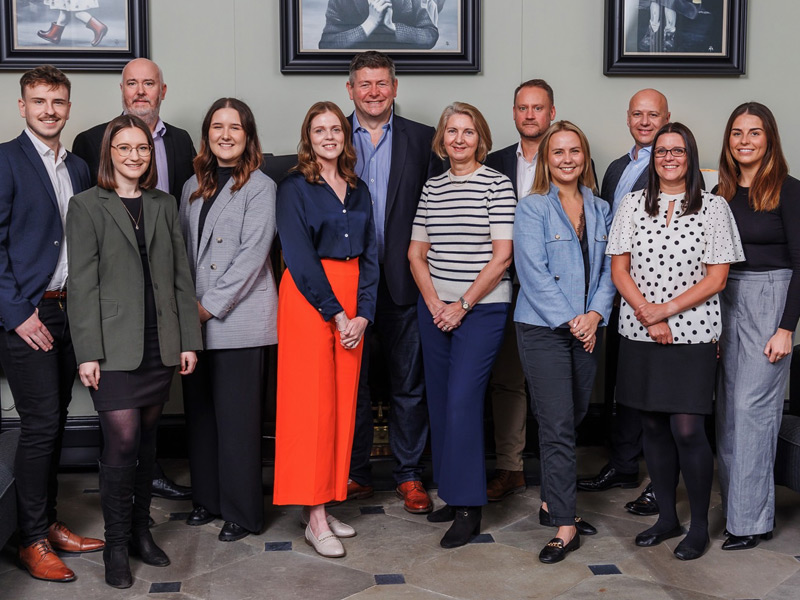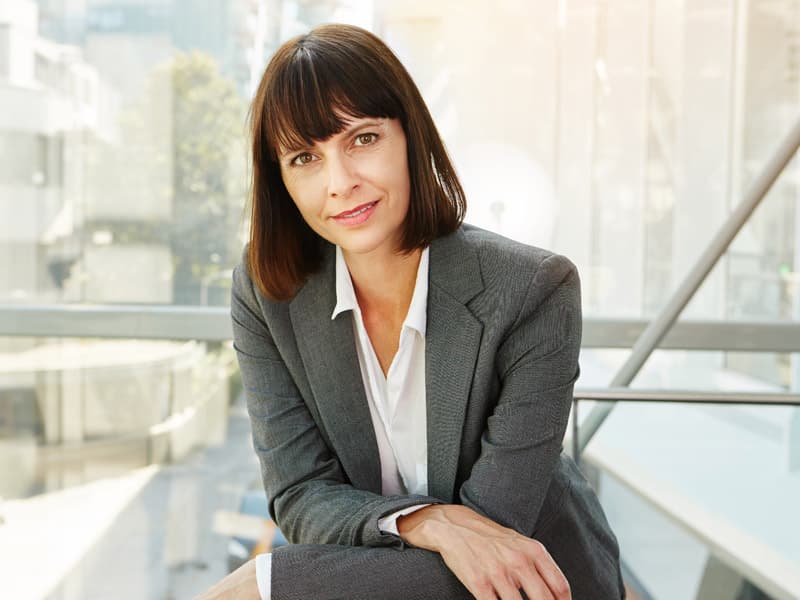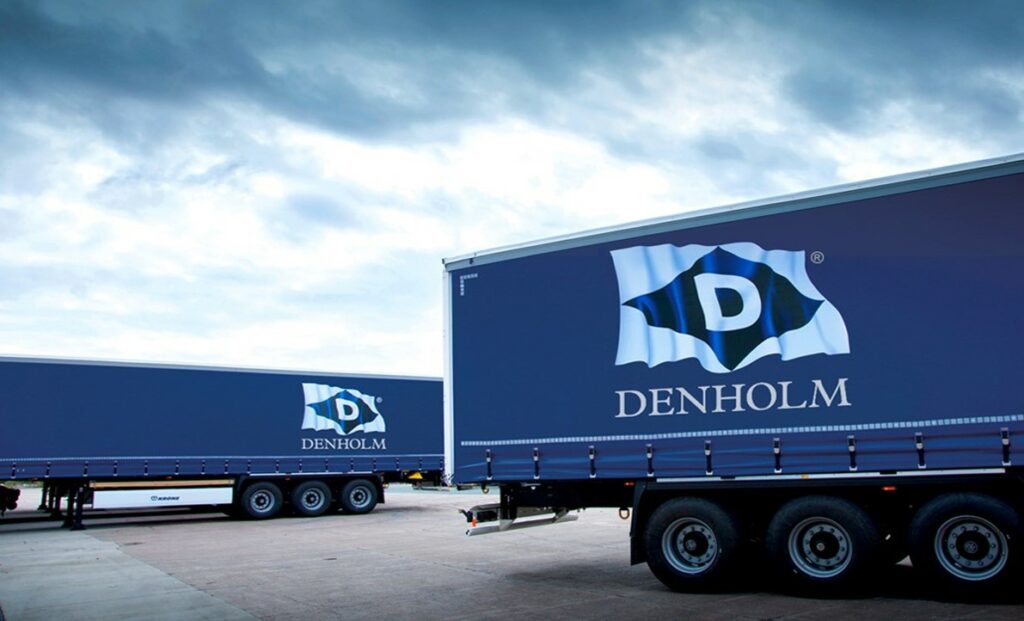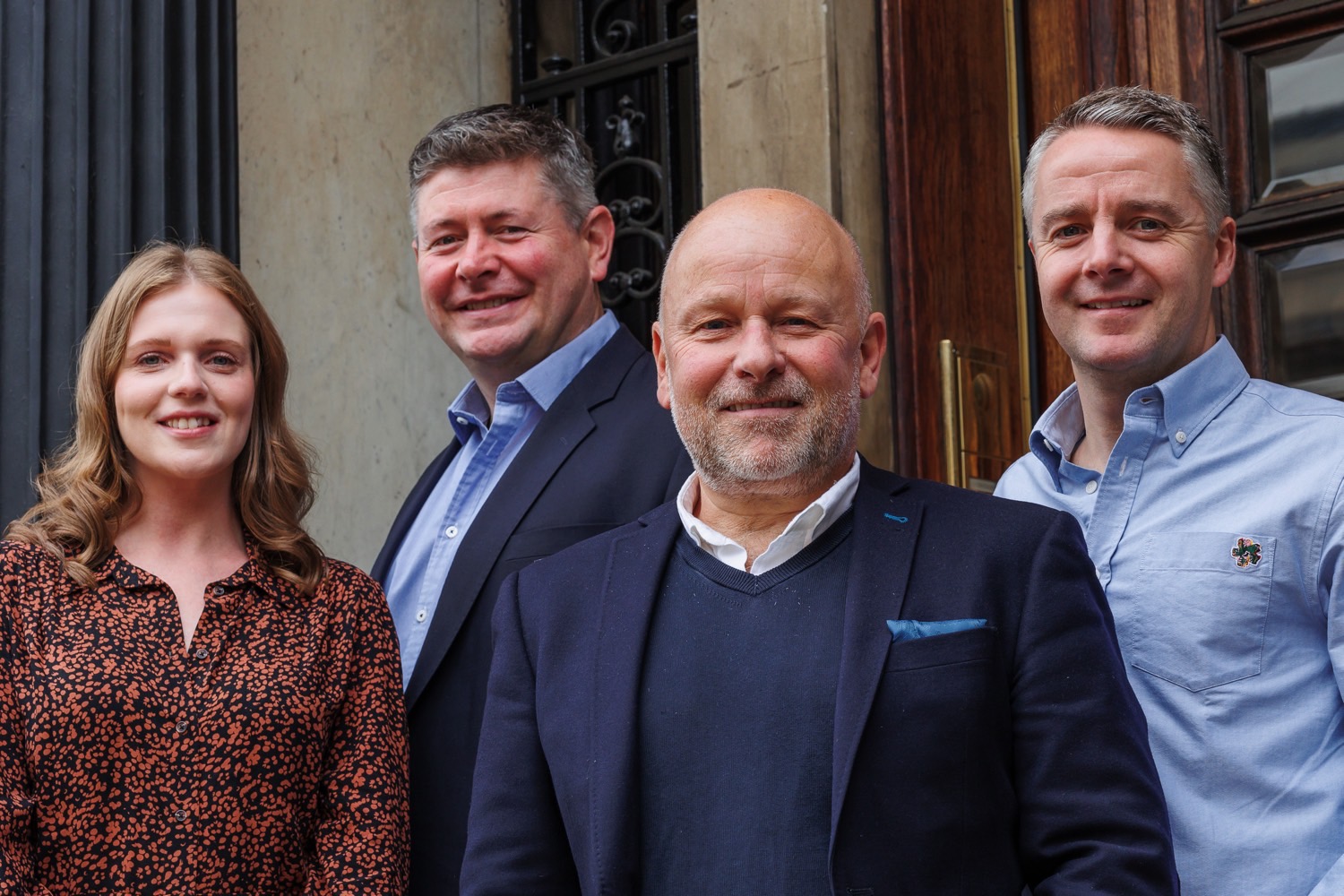







Experts in Executive Search
We are all about impact...
We are a market-leading executive search business with global reach, sector specialisms and functional expertise. We are focussed on the impact of each appointment we make and driven by the desire to help people and organisations realise their potential.
Contact Our Executive Search Specialists
We’d be delighted to provide further information. Get in touch with our team to find out how we can help you.
Featured Assignments...
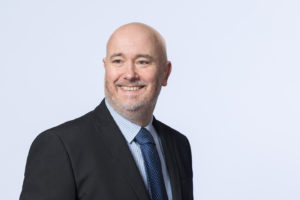
Consultant Spotlight – Douglas Adam
Douglas has over 20 years’ experience in the recruitment industry. He joined Livingston James in 2014 to establish our Public and Not for Profit service offering, and specialises in executive search.
Livingston James Group is an employee owned business
We have become the first employee-owned business in our sector in Scotland.
Famous for excellence.
Our dynamic team has experience advising in a wide range of industries and sectors. We have led and developed businesses from board level, managing people and processes across countless specialisms and geographies. We can bring a unique perspective to your business needs.
Contact Our Executive Search Specialists
We’d be delighted to provide further information. Get in touch with our team to find out how we can help you.
Latest from the blog


Telegraph Article on Impending Tax Changes
Our CEO, Jamie Livingston, spoke to The Telegraph and explained how the upcoming change will impact anyone earning over £28,850, meaning they will pay more in income tax than if they lived in England.

Insights From Livingston James CEO on the Introduction of a Sixth Tax Band
Our Group CEO, Jamie Livingston, recently shared his insights on a critical issue impacting Scottish companies: the introduction of a sixth tax band for high earners in Scotland.

Navigating Leadership: Weighing Up Fractional vs Non-Executive Roles
Livingston James Director, Alistair Shaw provides insight on the benefits of Fractional Director roles and how they differ from more traditional Non-Executive Roles.

Telegraph Article on Impending Tax Changes
Our CEO, Jamie Livingston, spoke to The Telegraph and explained how the upcoming change will impact anyone earning over £28,850, meaning they will pay more in income tax than if they lived in England.

Insights From Livingston James CEO on the Introduction of a Sixth Tax Band
Our Group CEO, Jamie Livingston, recently shared his insights on a critical issue impacting Scottish companies: the introduction of a sixth tax band for high earners in Scotland.

Navigating Leadership: Weighing Up Fractional vs Non-Executive Roles
Livingston James Director, Alistair Shaw provides insight on the benefits of Fractional Director roles and how they differ from more traditional Non-Executive Roles.


